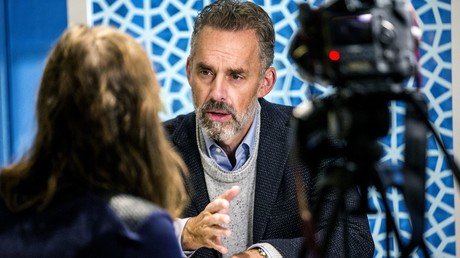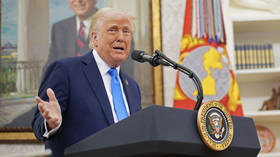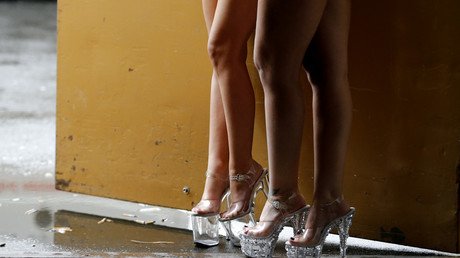‘Male-free’ music festival ruled discriminatory by Swedish authorities
A Swedish government agency for fighting social inequality has officially (and ironically) declared the feminist-oriented Statement Festival’s stated policy of barring entrance to “cis-men” to be an act of gender discrimination.
The first annual Statement Festival took place in Gothenburg, Sweden in late August, making headlines all over the world not due to the fact that the concert featured exclusively women, non-binary and transgender performers but because it demanded the audience also come from these categories. Regardless of the seemingly questionable marketing decision to cut off half of their consumer base, about 5,000 people attended and around 80% of tickets were sold, the event’s organizers told the Local. While the Festival drew crowds, it also drew a lot of criticism, and these concerns have now reached the state level.
The fact that the concert was billed as being “male-free”, has been ruled as an act of discrimination according to the Swedish Discrimination Ombudsman (DO). The DO defines discrimination as “when a person is treated disfavorably or when a person's dignity is violated”, and includes sexual harassment as one of its forms. The festival’s organizers replied to the accusation by saying that, while the statement is meant to “clearly discourage” men from attending, they do not actually enforce the ban at the gates.
However, even if it’s just talk and “discouraging”, it’s obvious that the policy wouldn’t go down well if cis-men were replaced with a minority group – and many, including the DO, believe that it doesn’t matter that it wasn’t actually enforced. The DO’s statement on their website explains that “According to the practices of the European Court of Justice, data and public statements that clearly discourage persons” “in some activity” are discriminatory, and that “[t]his applies even if there is no identifiable person who suffered damage.”
The organizers naturally have a very different take on the matter: they say they are creating a “safe space” with a progressive mission, describing the festival on their website as “the world's first major music festival for women, non-binary and transgender only", which will serve to promote women and LGBTQ artists and fight sexual assault. The following paragraph suggests that it is men’s presence at festivals which leads to these attacks, and the simplest and most effective answer is to make a clean cut and remove “cisgendered” men altogether.
"It's sad that what 5,000 women, non-binaries and transgender experienced as a life-changing festival, made a few cis-men lose it completely. The success of the Statement festival shows that is exactly what we need, and the DO's verdict doesn't change this fact. Otherwise, we have no comments. We are busy changing the world", the organizers wrote on their Facebook.
Passive-aggressive response
Ironically, the festival couldn’t amputate the “problematic” part of society altogether – it turned out many of the necessary technicians, band members and workers were men. Those were, according to Statement organizer Emma Knyckare, herded into a “man-pen” to keep them segregated from non-cis-male attendees.
Knyckare isn’t really trying to solve the problem of sexual assault by cutting men out of the deal, she admits herself – saying it’s a “response” to the problem, instead.
"Clearly, we believe that sexual abuse, especially at festivals, is a serious problem. So we are looking forward to trying to correct this. However, it shouldn't happen in a way that violates the law, which their statements in the media and their website do", DO press officer Clas Lundstedt said in a statement.
However, much like the festival’s “discriminatory” policy, DO’s ruling is non-binding, and the government will not be taking any action beyond making a public reprimand – and putting a less than flattering label on a festival organized around the idea of inclusivity.
Think your friends would be interested? Share this story!
















